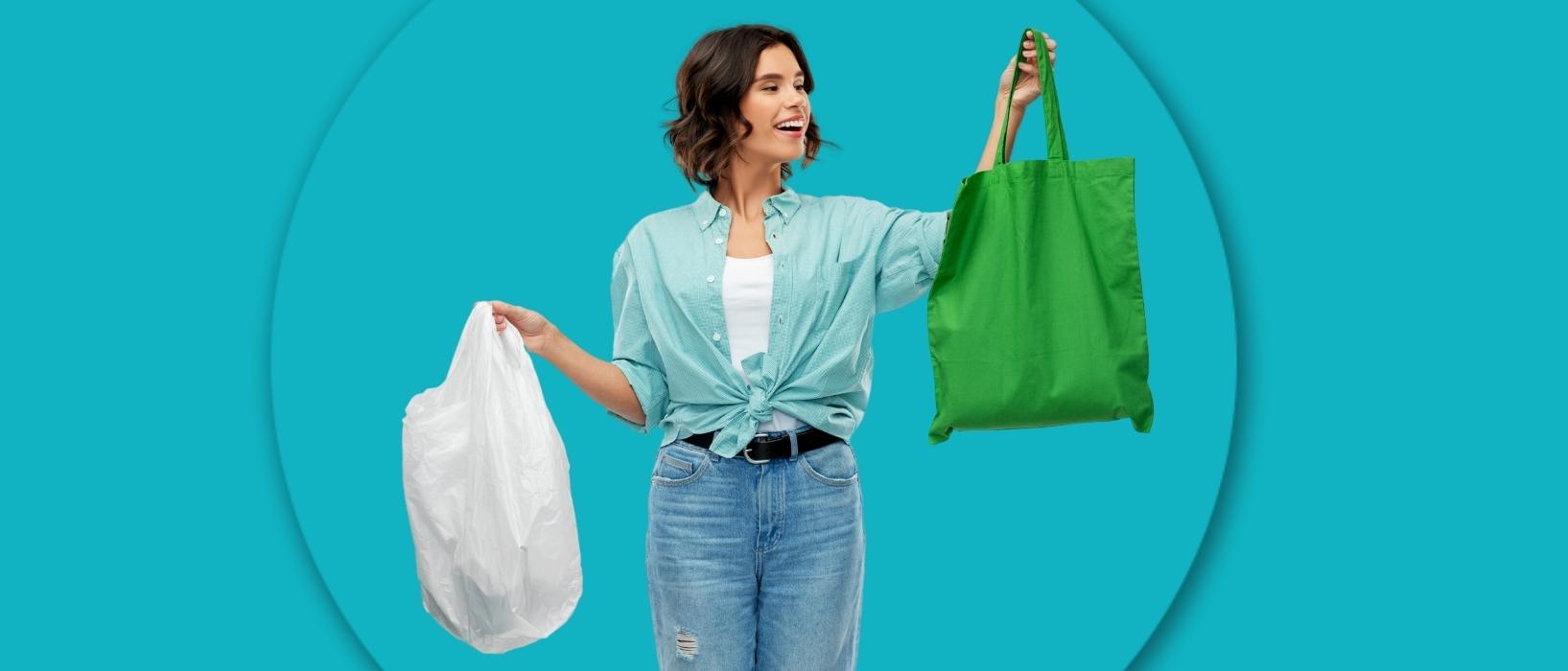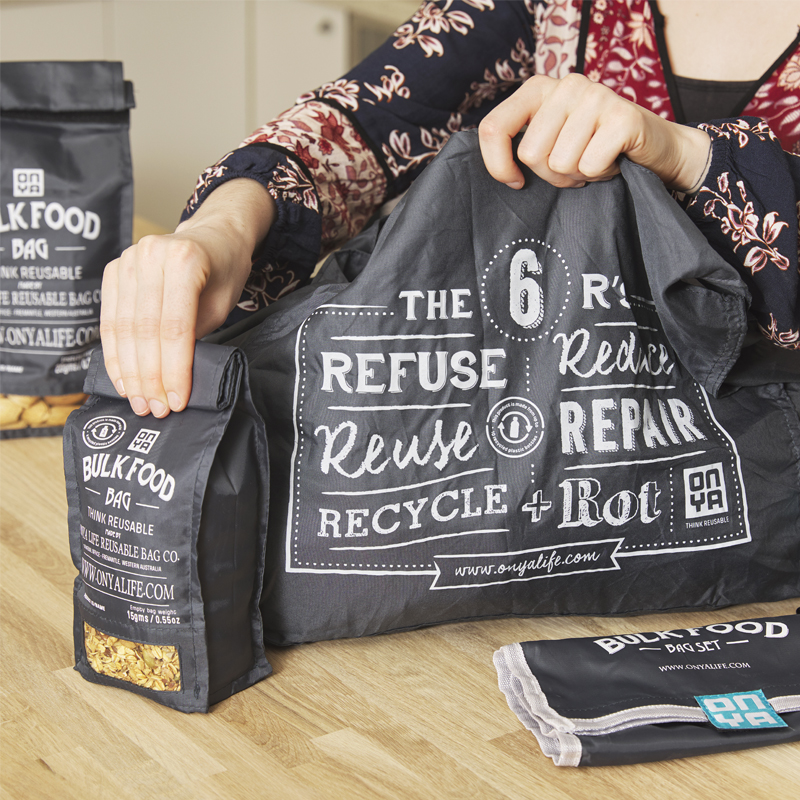
It’s almost the end of Plastic-Free July, a global movement that helps millions of people be part of the solution to plastic pollution so we can have cleaner streets, oceans, and beautiful communities. To do this, though, it’s not enough to just give up for a month; we have to do it permanently.
This is easier said than done. Plastic has become a constant element in our lives. It’s everywhere: product packaging, cosmetic ingredients, our clothing, mobile phones, and almost anything else you can think of. You have to make a real effort to avoid it fully.
The problem with plastic is that it can take up to 500 years to decompose, far outlasting us. As well as polluting the planet, it also has a serious impact on marine life and ecosystems. In fact, plastic in the ocean is already more than 150 million tons, and it’s expected that by 2050 oceans will contain more plastic than fish.
Plastic is bad enough, but of the 300 million tonnes produced every year, half of that is single-use. Single-use plastic includes items such as plastic bottles or plastic grocery bags, and they only have an average useful life of 12 to 15 minutes. That’s 15 minutes of use for 500 years of pollution.
Thankfully, there are thousands of ways we can begin to cut down. This includes everything from buying a metal straw, a reusable water bottle, or using cotton bags for your shopping. At Play It Green, many of our weekly tips (such as this one) look at how you can eliminate plastic in your house.
While there is a huge need to reduce the production of single-use plastic, we also need to find sustainable ways to address the plastic waste we have right now. One solution for this overwhelming problem is a fabric called rPET.
Research has shown that a bag made of rPET would need to be used just 84 times before it has the same environmental impact as a single-use plastic bag. If that bag is used more than 84 times, you actually start reversing the environmental impact with every use. By contrast, it is estimated that you would need to use an organic cotton bag around 20,000 times to have the same environmental impact as a single-use plastic bag.
Using an already existing material rather than from scratch saves on energy and resources and also means there is less single-use plastic polluting the natural environment or wasting away in landfill.
It is these processes and products that will help us build a more sustainable planet and way of living, rather than simply churning through resources and living beyond our means.
That’s why we’d like to introduce you to Onya.

Since 2004, Onya has been waging a war on single-use plastics with their recyclable, reusable and practical range of the highest-quality shopping bags, produce bags, backpacks, bin liners and other clever household products.
Onya are B Corp certified and their goal is to create products that don’t just promote a healthier and more sustainable planet, but create opportunities for workers and families along the way, too. Throughout the years, they’ve made plenty of changes to our operations to ensure we do right by people and planet equally. This includes donating 1% of all retail sales to environmental not-for-profits.
Onya’s workforce is also carbon positive (using less emissions than they make), and they even offer an in-house recycling programme so their products never need go to landfill.
So far, they’ve had an incredible impact with 5.5 million recycled plastic drink bottles used to make Onya products and a total of 165 tonnes of plastic diverted from landfill.
You can shop ONYA here, and be sure not to miss the Plastic-Free July sale. Just use code PFJ20 for 20% off.
Find out how Play It Green can help you or your business